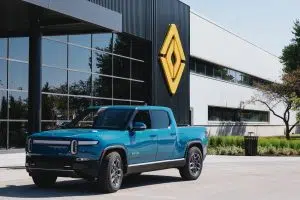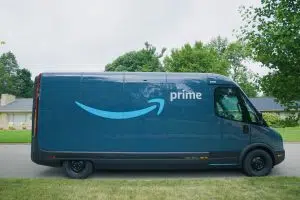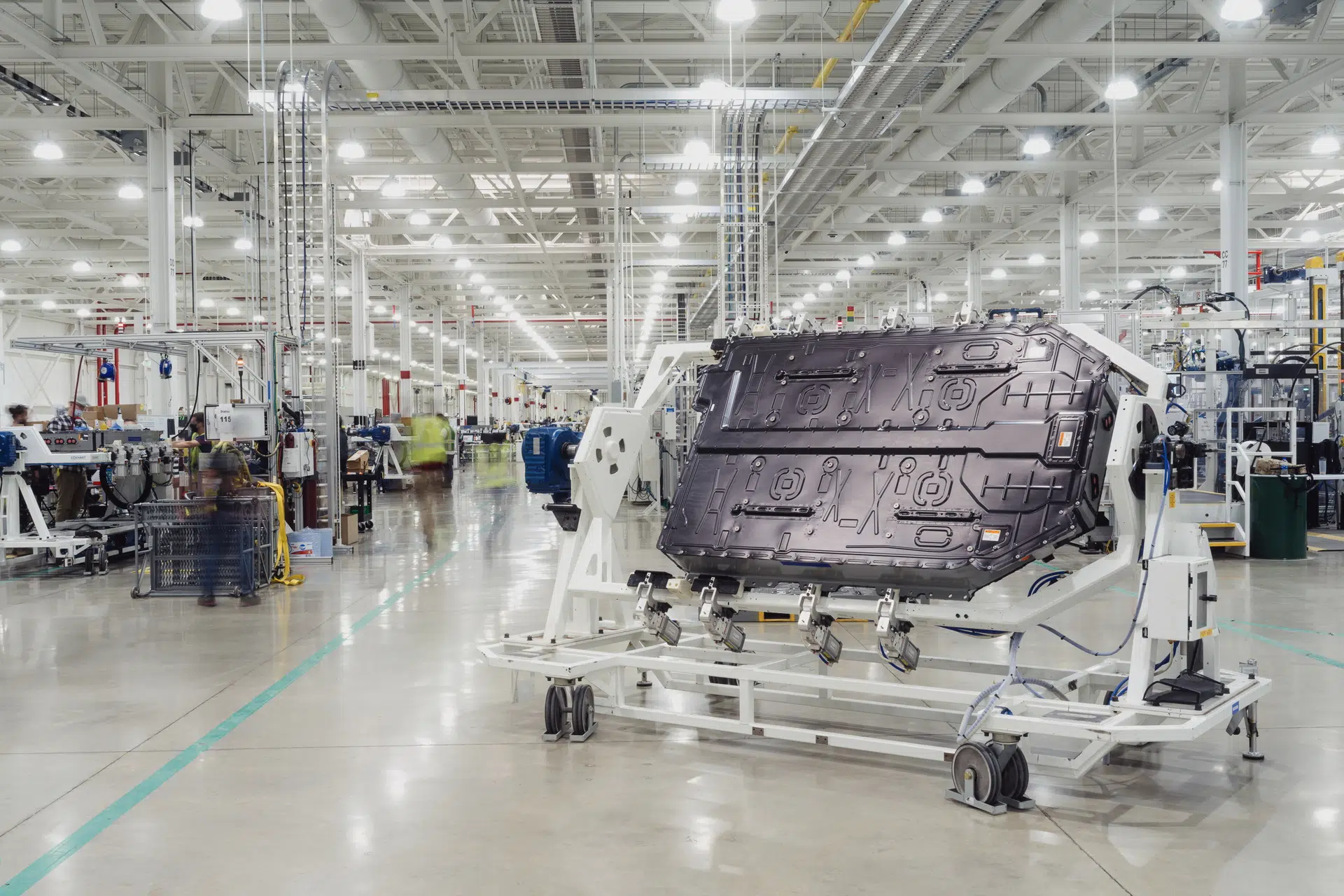Two weeks ago Bloomberg reported Rivian would be laying off six percent of their work force. But that’s not the only problem the company has dealt with recently. Reports have emerged regarding their R1T pickup truck having towing issues. And they have had three fires at their Normal plant. Plus there are questions regarding the Amazon vans.
After initially saying the layoffs would not impact the Normal plant, Rivian has let over 50 employees go. While it may not be a significant impact to overall plant operations, laying off more than 50 people is an impact on the McLean County economy.
However 50 people is nowhere close to six percent of the employees at the plant that some feared would be laid off. Rivian employs 6000 people locally. Laying off six percent of that number would have been 360 people and would have had a much larger impact on the McLean County region.
According to CBS news, “Rivian laid off more than 800 workers this week in a move aimed at helping speed the struggling electric truck maker toward profitability.”
Business Insider reported on Friday that Rivian is not alone among Electric Vehicle (EV) startups. “Insider previously reported layoffs at EV startup Canoo and electric truck-maker Xos Trucks.”
 Besides dealing with layoffs Rivian has also had the towing limits of the R1T truck exposed in media this year. MotorBiscuit published an article in June titled, “Rivian R1T’s Range Is Cut in Half When Towing Larger Loads.” “One major concern for EV skeptics is towing capacity and driving range,” MotorBiscuit wrote.
Besides dealing with layoffs Rivian has also had the towing limits of the R1T truck exposed in media this year. MotorBiscuit published an article in June titled, “Rivian R1T’s Range Is Cut in Half When Towing Larger Loads.” “One major concern for EV skeptics is towing capacity and driving range,” MotorBiscuit wrote.
When towing the range of the truck is roughly 150 miles. That requires recharging every two and a half hours making long trips impractical. So essentially the truck is good for towing only on short trips. That’s great for weekend camping but not so great for cross country travel.
In addition Rivian has been busy putting out fires and we aren’t talking about metaphorical ones either. We are talking about literal fires.
The fire news isn’t just local news. It’s national news. Carscoops published an article in June with the heading, “Third Fire At Rivian’s Illinois Plant In Seven Months Under Investigation.”
The June fire involved a defective battery pack that ignited inside the Rivian Automotive plant and experienced thermal runaway in the battery testing area. In February a vehicle caught fire resulting in a temporary evacuation of the plant. And last October the plant was evacuated for a short time as a precaution following a small fire which ignited in an automated battery assembly area.
To be fair, EV manufacturer Tesla is also facing fire issues. Carscoop also reported, ” The U.S. National Highway Traffic Safety Administration (NHTSA) has contacted Tesla for more information regarding an incident in which a Model Y caught fire in Vancouver, British Columbia, Canada.”
In the May Tesla incident the driver reported his Model Y started smoking and then died, making it more difficult for him to get out.
 Continuing on, Amazon and Rivian have announced that vans Rivian is producing for Amazon will soon be seen on streets in cities across the country. Unlike the R1T trucks that those of us living in McLean County saw on our streets before they were available to the public, no employees at Rivian have been provided Amazon vans to drive around town as a perk.
Continuing on, Amazon and Rivian have announced that vans Rivian is producing for Amazon will soon be seen on streets in cities across the country. Unlike the R1T trucks that those of us living in McLean County saw on our streets before they were available to the public, no employees at Rivian have been provided Amazon vans to drive around town as a perk.
According to Amazon, “Customers across the U.S. will begin to see custom electric delivery vehicles from Rivian delivering their Amazon packages, with the electric vehicles hitting the road in Baltimore, Chicago, Dallas, Kansas City, Nashville, Phoenix, San Diego, Seattle, and St. Louis, among other cities.”
“This rollout is just the beginning of what is expected to be thousands of Amazon’s custom electric delivery vehicles in more than 100 cities by the end of this year—and 100,000 across the U.S. by 2030,” Amazon said.
But even this seemingly positive announcement has to be taken with a grain of salt. There are reasons to doubt whether or not Rivian can make good on this promise.
The Deserter has already raised these questions since the announcement. “Rivian has promised Amazon 100,000 electric vans. But can it actually follow through?” announced a headline to a recent article.
According to the Deserter, “While the initiative sounds great, the rollout has faced many challenges. For starters, Rivian had originally planned to produce the 100,000-vehicle fleet by 2024, not 2030.”
And the Deserter added, “After a version of the van debuted in fall 2020, the testing brought back concerning results — drivers claimed that the batteries drained far too quickly when the heating or cooling was on, which threatened the vehicle’s 150-mile driving range, and it took roughly an hour to recharge.”
Many of the delays Rivian has experienced in producing vehicles such as the Amazon van on schedule is the company has, “been plagued by chronic production delays due in part to supply shortages, including of semiconductors,” according to CBS.
Cities 92.9 did not receive a response from Rivian regarding our desire for an interview regarding these matters.











